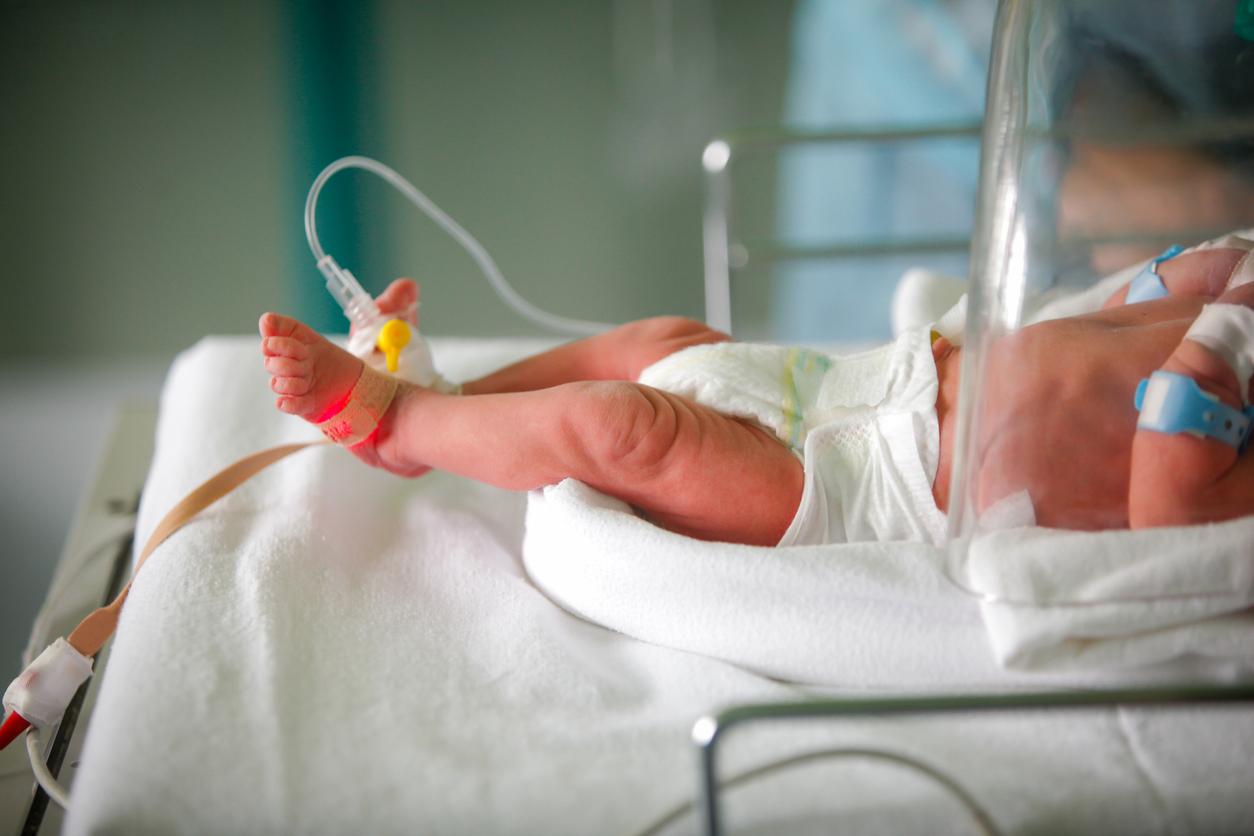Pediatricians make several recommendations for better management of winter viruses in toddlers.

- Bronchiolitis usually begins with a simple cold, with a mild fever. Gradually, a dry cough appears, followed by difficulty in breathing which results in a rapid, wheezing breath.
- In babies, gastro is manifested by diarrhea, increased frequency of stools, vomiting, nausea, loss of appetite, stomach pain, fever and fatigue.
“Let’s protect our babies from the usual viruses as we were able to protect our elders from an exceptional virus“. In a press release, the AFPA (French Association of Pediatrics) and the SNPF (National Union of French Pediatricians) appeal to the public authorities.
“We are in October and the epidemics of winter viruses are already reaching the levels observed in mid-December during years of high viral circulation”, alert health professionals. “Pediatric hospital capacities are reaching the alert level and the offices of liberal pediatricians are reaching saturation point”, they add.
Respiratory Syncitial Virus and Rotavirus
These are essentially bronchiolitis due to the Respiratory Syncitial Virus (RSV). The risk for infants is respiratory distress with a need for oxygenation requiring hospitalization in the pediatric ward, sometimes even in intensive care. In France, RSV is the cause of 30,000 hospitalizations each year for children under the age of one and around twenty deaths.
It is also about digestive viruses, in particular Rotavirus. Gastroenteritis can lead to dehydration which will require the child to be perfused in the hospital. Each year, 14,000 children under the age of 3 are hospitalized for gastroenteritis and about ten deaths are to be deplored. To these sometimes severe pathologies will soon be added all the other winter pathologies, especially for young children in the community.
“Paediatricians and general practitioners trained in the pathology of young infants try to manage these pathologies as best as possible on an outpatient basis and only hospitalize children who justify it. But their current number is far too low to be able to carry out these missions when the pathologies are epidemic”, alert the two organizations.
4 pediatrician recommendations
This is why the AFPA and the SNPF draw the attention of the public authorities to the following points:
– The number of trained paediatricians must be increased.
– The effort made by paediatricians to cope with the increased workload and the necessary reorganization of their consultations during these epidemic periods must be recognized and valued.
– The recommendation of the vaccine against Rotavirus gastroenteritis would better protect infants and avoid many hospitalizations.
– A longer maternity leave if the mother wishes (as in most European countries) would protect babies by avoiding exposure to the various infections against which they will have difficulty defending themselves. “With the successive confinements and the barrier measures, we have been able to observe a spectacular drop in winter viruses and hospitalizations, showing that small infants who are less exposed are much less sick”, point out the experts. “France must develop its pediatric care system for better care of children”, they conclude.

.
















